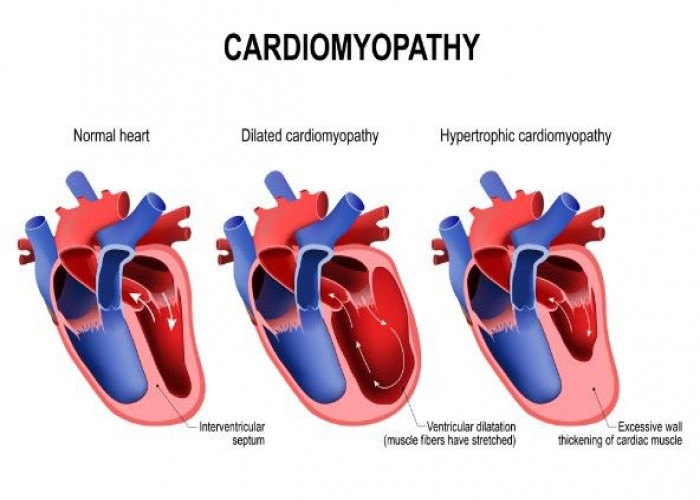 Welcome
Welcome
“May all be happy, may all be healed, may all be at peace and may no one ever suffer."
Dilated cardiomyopathy
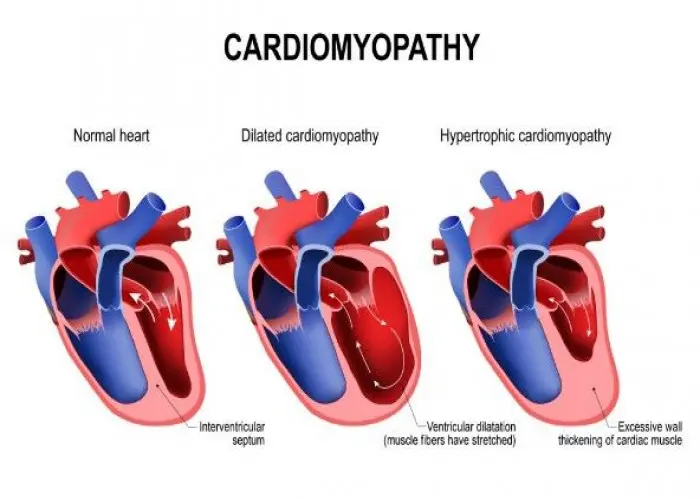
Dilated cardiomyopathy is a condition in which the heart becomes weakened and enlarged, and is unable to pump blood effectively to the rest of the body. This can lead to symptoms such as fatigue, shortness of breath, and swelling in the legs and ankles. Dilated cardiomyopathy can also increase the risk of heart failure and sudden cardiac death.
The causes of dilated cardiomyopathy can vary, and in many cases are unknown. Some of the factors that may contribute to the development of this condition include genetic mutations, viral infections, alcohol abuse, and exposure to certain toxins or drugs.
Diagnosis of dilated cardiomyopathy typically involves a physical exam, as well as imaging tests such as an echocardiogram or MRI. Blood tests may also be ordered to check for underlying causes, such as infections or autoimmune diseases.
Treatment for dilated cardiomyopathy typically involves a combination of medications, lifestyle changes, and in some cases, surgical procedures. Medications may include beta blockers, ACE inhibitors, or diuretics to help manage symptoms and prevent complications such as blood clots. Lifestyle changes may include quitting smoking, reducing alcohol intake, and following a heart-healthy diet.
In some cases, surgical procedures such as heart transplantation or implantation of a ventricular assist device (VAD) may be recommended for individuals with severe symptoms or complications. A VAD is a mechanical pump that can help support the heart and improve blood flow.
In conclusion, dilated cardiomyopathy is a condition in which the heart becomes weakened and enlarged, and is unable to pump blood effectively. Causes can vary and may include genetic mutations, viral infections, alcohol abuse, and exposure to certain toxins or drugs. Treatment typically involves a combination of medications, lifestyle changes, and in some cases, surgical procedures. If you are experiencing symptoms of dilated cardiomyopathy, it is important to seek medical attention to receive a proper diagnosis and develop an appropriate treatment plan.
Research Papers
Disease Signs and Symptoms
- Fatigue (Tiredness)
- Shortness of breath (dyspnea)
- Decreased ability to exercise
- Swollen (Edema)
- Chest pain
- Irregular heart sound (heart murmur)
- A thick, gray membrane covering your throat and tonsils
Disease Causes
Dilated cardiomyopathy
It may be difficult to determine the cause of dilated cardiomyopathy. The condition often runs in families (is inherited). However, many things can cause the left ventricle to dilate and weaken, including:
- Diabetes
- Obesity
- Heart rhythm problems (arrhythmias)
- High blood pressure (hypertension)
- Complications of late-stage pregnancy
- Excessive iron in your heart and other organs (hemochromatosis)
- Certain infections
Other possible causes of dilated cardiomyopathy include:
- Alcohol abuse
- Use of certain cancer medications
- Use of illegal drugs, such as cocaine or amphetamines
- Exposure to toxins, such as lead, mercury and cobalt
Disease Prevents
Dilated cardiomyopathy
Dilated cardiomyopathy often runs in families, and is not preventable. However, healthy lifestyle habits can help you prevent or reduce complications of dilated cardiomyopathy. If you have or are at risk for dilated cardiomyopathy:
- Don't smoke.
- Don't drink alcohol, or drink in moderation.
- Don't use cocaine or other illegal drugs.
- Eat a healthy diet that is low in salt (sodium).
- Maintain a healthy weight.
- Follow an exercise program recommended by your doctor.
- Get enough sleep and rest.
- Manage stress.
Disease Treatments
If you have dilated cardiomyopathy, your doctor might recommend treatment for the underlying cause, if known. Treatment may help relieve symptoms, improve blood flow and prevent further damage to your heart.
Medications
Doctors usually treat dilated cardiomyopathy with a combination of medications. Depending on your symptoms, you might need two or more drugs.
Drugs that are used to treat heart failure and dilated cardiomyopathy include:
- Angiotensin-converting enzyme (ACE) inhibitors. This type of medicine widens blood vessels (vasodilator) to lower blood pressure, improve blood flow and decrease the heart's workload. ACE inhibitors may improve heart function.
- Side effects include a dry cough, low blood pressure, low white blood cell count, and kidney or liver problems. In rare cases, ACE inhibitors may cause certain areas of the tissues to swell (angioedema). If swelling occurs in the throat, it can be life-threatening.
- Angiotensin II receptor blockers (ARBs). These drugs may be an alternative for people who can't tolerate ACE inhibitors. Side effects include diarrhea, muscle cramps and dizziness.
- Sacubitril/valsartan (Entresto). This drug combines an ARB with another type of medicine to help your heart better pump blood to the rest of the body. It's approved for people with chronic heart failure who have heart weakness and enlargement.
- Beta blockers. This medication slows your heart rate and reduces blood pressure. It may prevent some of the harmful effects of stress hormones, which are substances made by your body that can worsen heart failure and trigger abnormal heart rhythms. Side effects of beta blockers include dizziness and low blood pressure.
- Diuretics. Often called water pills, diuretics remove excess fluid and salt from your body. The drugs also decrease fluid in your lungs, so you can breathe more easily.
- Digoxin (Lanoxin). This drug can strengthen your heart muscle contractions. It also tends to slow the heartbeat. Digoxin may reduce heart failure symptoms and improve your ability to be active.
- Ivabradine (Corlanor). This drug helps restore the heart's normal rhythm by slowing and regulating the heart rate.
- Blood-thinning medications (anticoagulants). Your doctor may prescribe these drugs to help prevent blood clots. Side effects include excessive bruising or bleeding.
Therapies
Devices
Implantable devices used to treat dilated cardiomyopathy include:
- Biventricular pacemaker. This device sends out electrical signals to control contractions between the heart's left and right ventricles.
- Implantable cardioverter-defibrillators (ICD). An ICD monitors your heart rhythm and delivers electrical shocks when needed to control abnormal, rapid heartbeats, including those that cause the heart to stop. An ICD can also function as a pacemaker.
- Left ventricular assist devices (LVAD). This mechanical device is implanted into the abdomen or chest and attached to a weakened heart to help it pump. An LVAD may be used as a long- or short-term therapy for people waiting for a heart transplant. They usually are considered after less invasive approaches are unsuccessful.
Surgery or other procedures
Heart transplant
Your doctor may recommend a heart transplant if medications and other treatments for dilated cardiomyopathy no longer work for you.
Disease Diagnoses
Disease Allopathic Generics
Disease Ayurvedic Generics
Disease Homeopathic Generics
Disease yoga
Dilated cardiomyopathy and Learn More about Diseases

Exercise headaches
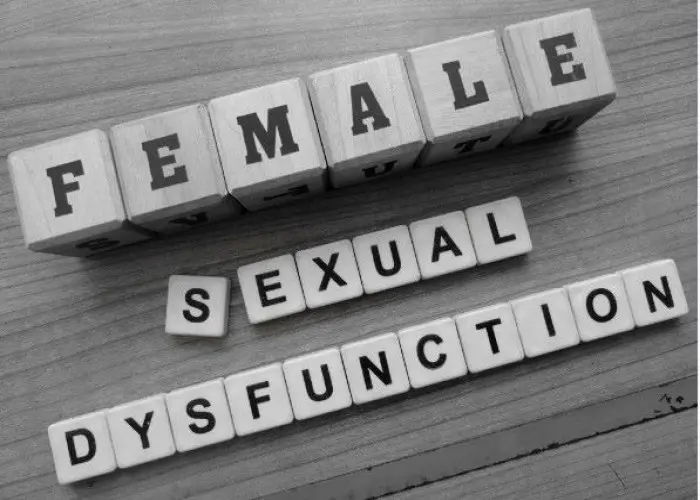
Female sexual dysfunction
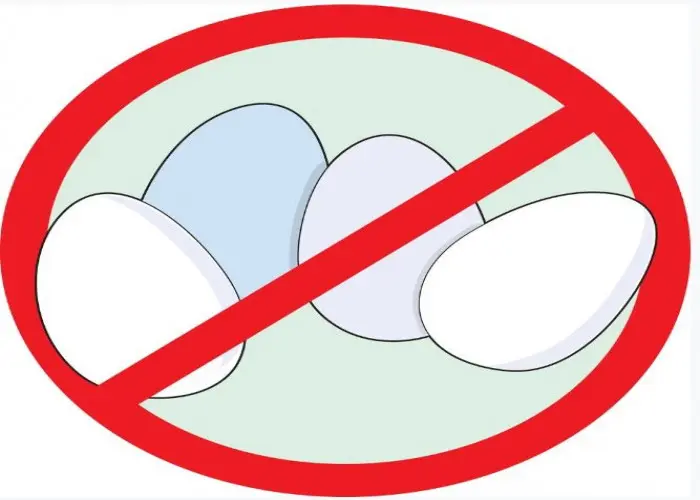
Egg allergy
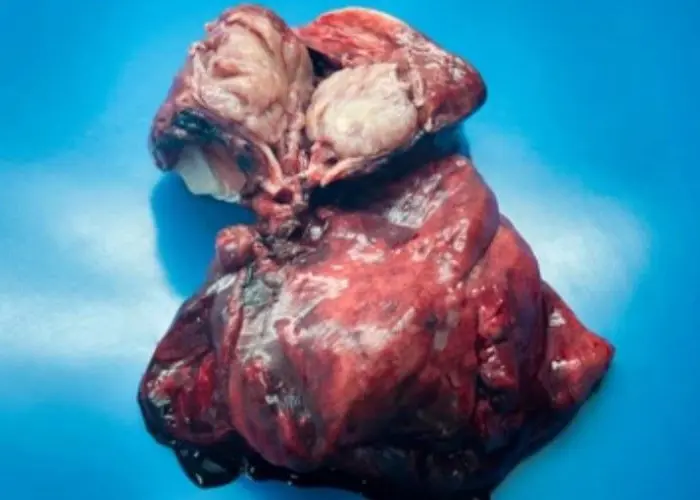
Carcinoid tumors

Irregular Menstruation
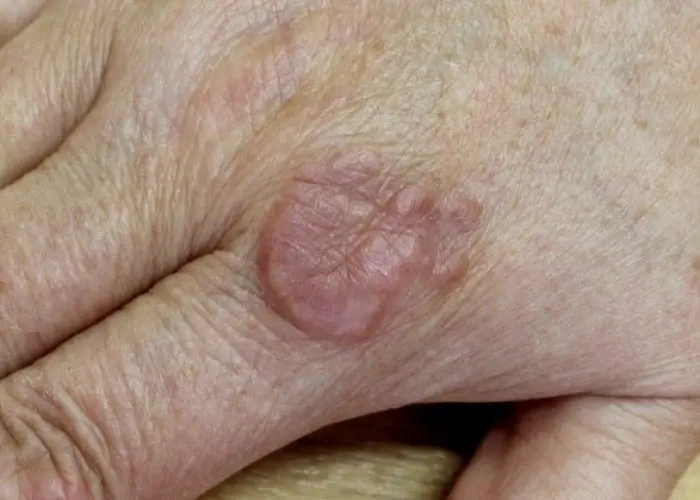
Granuloma annulare

Oppositional defiant disorder (ODD)

Yeast infection (vaginal)
dilated cardiomyopathy, প্রসারিত কার্ডিওমায়োপ্যাথি
To be happy, beautiful, healthy, wealthy, hale and long-lived stay with DM3S.
